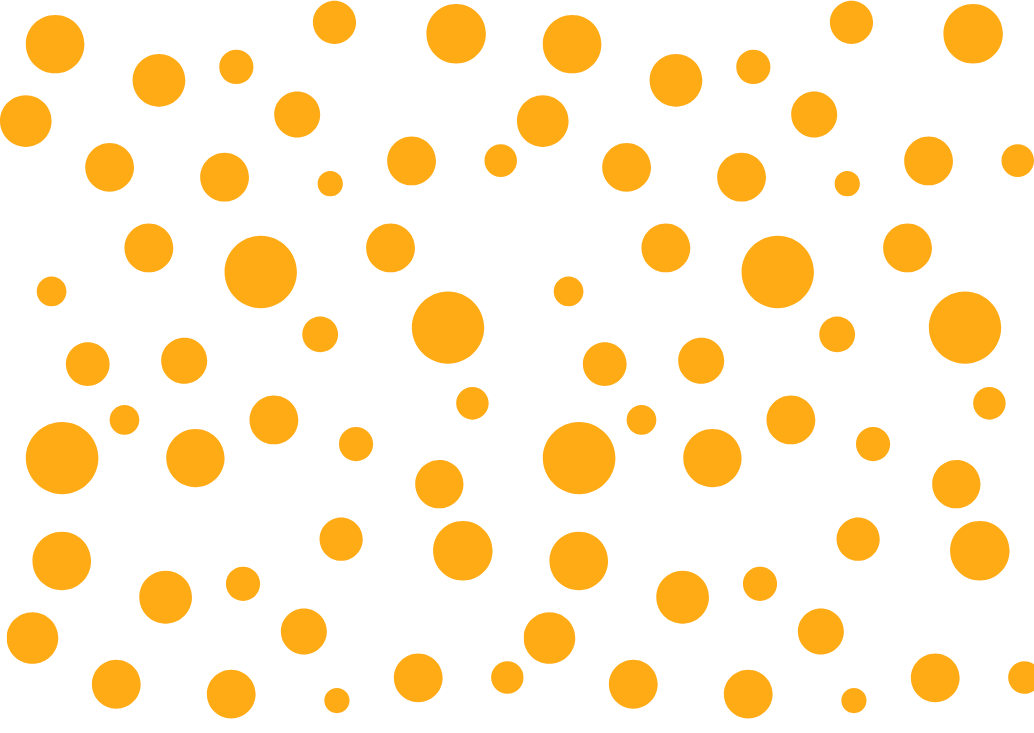Admin Hours
416-406-5355
Mon – Fri: 3pm – 8pm
Saturday: 10am – 4pm
CLOSED ON HOLIDAYS
Our Studio Locations
Other Services Range
Online Lessons: Internet Access
Website proudly designed by Keyway Marketing Inc.
Music Lessons Can Help Children with ADHD and Autism
Admin Hours
416-406-5355
Mon – Fri: 3pm – 8pm
Saturday: 10am – 4pm
CLOSED ON HOLIDAYS
Our Studio Locations
Other Services Range
Online Lessons: Internet Access
Website proudly designed by Keyway Marketing Inc.






Book a Trial Lesson
for Only $35
Band Camp - Limited Spots!
March break camp: Click here.
July 8-12
Sax violin spot (2 spots left out of 2): Click here.
Drum spot (1 spot left out of 3): Click here.
Guitar spot (4 spots left out of 8): Click here.
Bass guitar spot (2 spots left out of 3): Click here.
Piano/Keys spot (2 spots left out of 4): Click here.
Singer spot (4 spots left out of 4): Click here.
July 15-19
Sax violin spot (2 spots left out of 2): Click here.
Drum spot (1 spot left out of 3): Click here.
Guitar spot (3 spots left out of 8): Click here.
Bass guitar spot (3 spots out of 3 spots): Click here.
Piano/Keys spot (1 spot left out of 4): Click here.
Singer spot (2 spots left out of 4): Click here.
July 22-26
Sax violin spot (1 spot left out of 2): Click here.
Drum spot (3 spots left out of 3): Click here.
Guitar spot (6 spots left out of 8): Click here.
Bass guitar spot (2 spots left out of 3): Click here.
Piano/Keys spot (3 spots left out of 4): Click here.
Singer spot (3 spots left out of 4): Click here.
Aug 12-16
Sax violin spot (2 spots left out of 2): Click here.
Drum spot (0 spots left out of 3): Click here.
Guitar spot (8 spots left out of 8): Click here.
Bass guitar spot (3 spots left out of 3): Click here.
Piano/Keys spot (2 spots left out of 4): Click here.
Singer spot (3 spots left out of 4): Click here.
March break camp: Click here.
July 8-12
Sax violin spot: Click here.
Drum spot: Click here.
Guitar spot: Click here.
Bass guitar spot: Click here.
Piano/Keys spot: Click here.
Singer spot: Click here.
July 15-19
Sax violin spot: Click here.
Drum spot: Click here.
Guitar spot: Click here.
Bass guitar spot: Click here.
Piano/Keys spot: Click here.
Singer spot: Click here.
July 22-26
Sax violin spot: Click here.
Drum spot: Click here.
Guitar spot: Click here.
Bass guitar spot: Click here.
Piano/Keys spot: Click here.
Singer spot: Click here.
Aug 12-16
Sax violin spot: Click here.
Drum spot: Click here.
Guitar spot: Click here.
Bass guitar spot: Click here.
Piano/Keys spot: Click here.
Singer spot: Click here.
